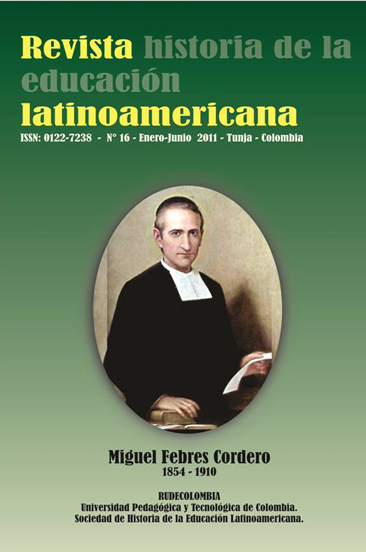THE SCHOOL TEXT BASED ON RESILIENCE FOR VULNERABLE POPULATION. FUSAGASUGÁ, 2009-2011

Abstract
This document is the result of the analysis on the school text role based on resiliencia as a didactic tool of English's learning as foreign language in youth vulnerable population from Fusagasuga- Colombia. This school text was born by the teacher educational concern about understanding students’ voices to interpret and describe the sense of life. The problem is framed in What incidences a school text has inside the resilience factors of Grotberg (2008) and Paternina (2011) to pursuit in the changes of students' socio-cultural behavior coming from vulnerable populations of the city of Fusagasugá in the period of 2008 at 2011?. The method Ground Theory developed by Charmaz (2010) and Glaser (1978) for the analysis of a qualitative, descriptive and interpretive investigation according to the theoretical framework focuses on: social constructivist Guba and Lincoln (1986, 1989, 1990), Smith (1991) and humanist of Roger (1962) and Maslow (1958). The methodology was guided from history of life, verbal history and the compared education. The instruments were mainly interviews, the text that was made, and school files. To conclude that a school text with a resilient profile motivates the student to carry out their self-knowledge but it should be oriented continually by a practitioner. Also, the relevance is to keep going the research with the students who can study at the university to know their desertion or integration from the university system.
Keywords
Journal of Latin American Education History, resilience, school text, vulnerable population.